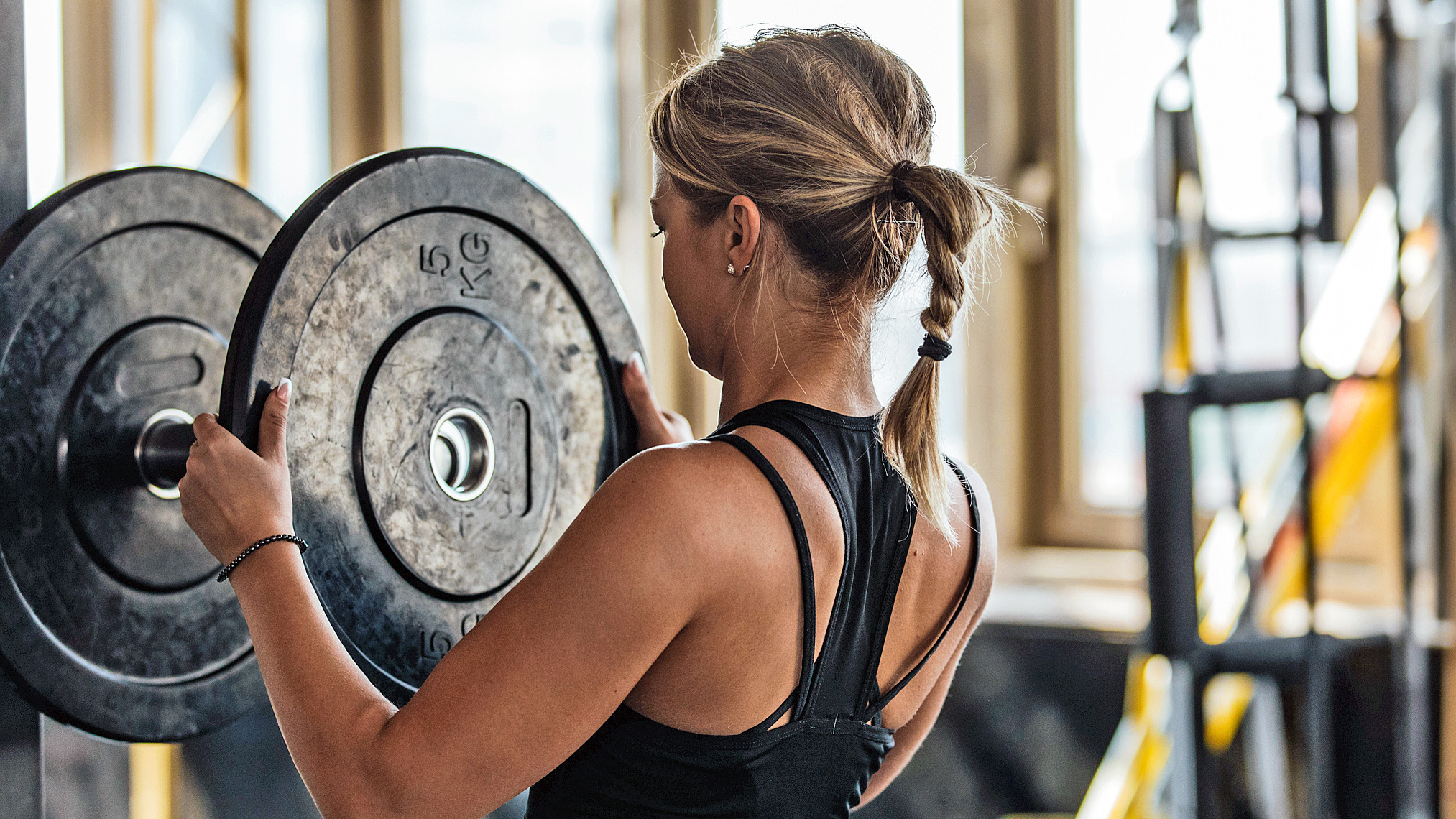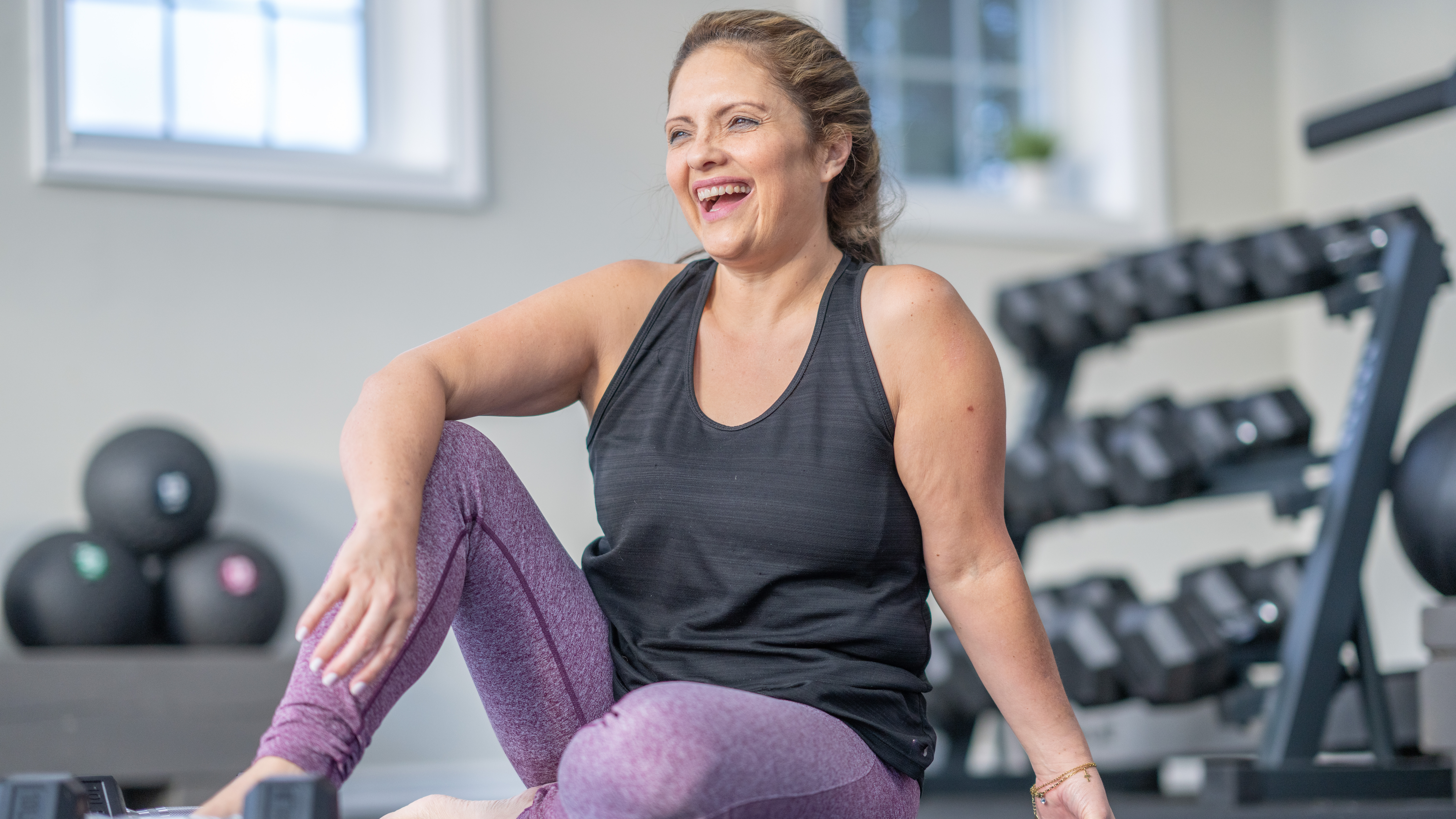Weight training for just 30 minutes a week can help you live longer and lose weight
Weight training for half an hour a week can cut your risk of cancer and diabetes, according to Tohoku University


If you're exercising regularly and not weight training, you're doing yourself a disservice. Weight training is absolutely one of the best forms of exercise you can do, and even if your goals aren't to get strong or have big muscles, it's worth taking small amount of time each week to do some resistance training.
Resistance training, whether that's with your body weight, the best adjustable dumbbells, resistance bands or a full barbell setup, can make a big difference to your fitness goals. If you're looking to lose weight or slim down, resistance training can alter your body composition, helping you lose weight by increasing your metabolism. If you're looking to just be healthier overall, muscle can do that too.
A new study, recently published by scientists from Tohaku University in Japan and published in the British Journal of Sports Medicine, set out to examine lots of existing studies to determine whether muscle-strengthening activities can help fight lifestyle diseases such as cancer and diabetes.
Examining sixteen existing studies, the researchers found that performing muscle-strengthening exercises was associated with a 10–17% lower risk of "all-cause mortality". Building a little muscle was beneficial in the fight against cardiovascular disease, cancer, and diabetes. Combining muscle-strengthening activity and aerobic activity was even better, dropping the risk by almost 40%.

But it doesn't take much: as little as 30 minutes a week is enough to see the benefit, with diabetes risk seeing particular improvement when you train for 60 minutes a week.
The researchers write: "Our findings showed that muscle-strengthening activities were associated with a 17% lower incidence of diabetes, with the risk of diabetes sharply decreasing until up to 60 min/week of muscle-strengthening activities."
This is because muscle-strengthening activities increase your total muscle mass, which has been identified by the researchers as "the major tissue in glucose metabolism". In layman's terms, lean muscle helps regulate your blood sugar, which means exercisers who might already be overweight or prediabetic could turn the clock back by incorporating weight training into their routines.
Get the Fit&Well Newsletter
Start your week with achievable workout ideas, health tips and wellbeing advice in your inbox.
It's easy enough to get started: simply try one of the beginner variations in our how to do a push-up guide, such as a knee push-up, which will start to develop your chest and shoulders. Resistance bands can help you begin training your back and biceps with pulling movements, while learning how to do squats or wall-sits properly can start you on the path to developing leg muscle at home.
Matt Evans is an experienced health and fitness journalist and is currently Fitness and Wellbeing Editor at TechRadar, covering all things exercise and nutrition on Fit&Well's tech-focused sister site. Matt originally discovered exercise through martial arts: he holds a black belt in Karate and remains a keen runner, gym-goer, and infrequent yogi. His top fitness tip? Stretch.
-
 You don't need any equipment to improve your posture—just these three back-strengthening moves
You don't need any equipment to improve your posture—just these three back-strengthening movesThese three exercises will strengthen key back muscles
By Jennifer Rizzuto
-
 "If I could choose just five moves to future-proof my body, these would be it"—A trainer says this longevity workout will help you build lasting strength and mobility
"If I could choose just five moves to future-proof my body, these would be it"—A trainer says this longevity workout will help you build lasting strength and mobilityBy Lou Mudge